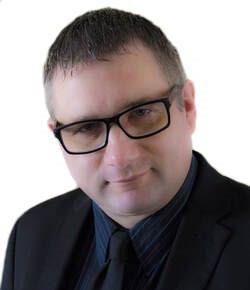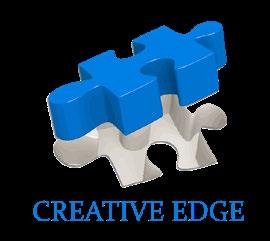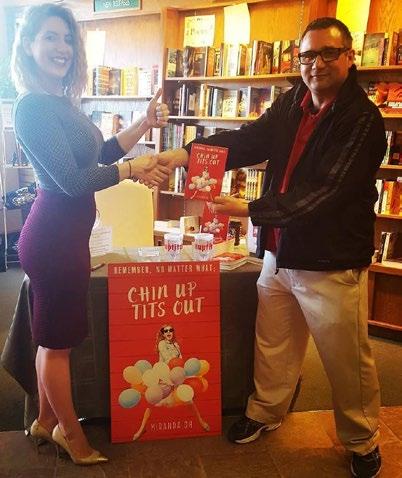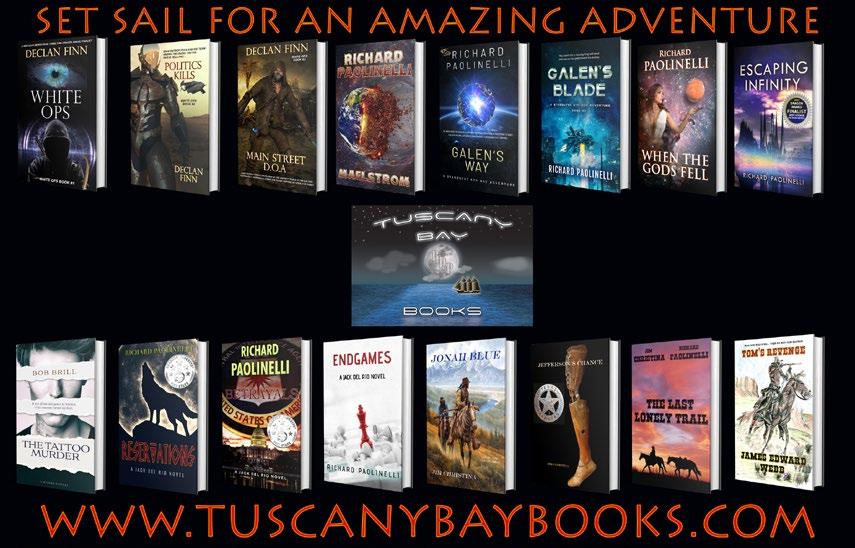
7 minute read
3 MICKEY MIKKELSON
Mickey Mikkelson
What Can a Publicist Do For You? Creative-Edge Publicity Founder Explains
Advertisement
Q1. What made you decide that being a publicist was a career that would work for you?
I didn’t decide that this was a career to strive for. It fell into my lap as I was helping out a friend who had written a book. I previously worked at Chapters as an events coordinator, and the friend who had written a novel, asked me to get her a couple of signings. Well, two signings turned into eight signings, and she essentially ended up conducting a full Alberta tour which resulted in her book becoming national with Indigo. News got out, and the word spread, and very soon, I was getting other author opportunities and decided that there was perhaps a market for this. Lo and behold, Creative Edge was formed.
Q2. How did you get started? Formation of Creative Edge? How did you develop your client base? (I ask because writers and others have trouble approaching people).
Working at Chapters, I developed a strong relationship with many authors in Alberta. Years later, when I realized I had a passion for publicity, I was able to leverage a number of those relationships as my first clients. That was when I decided to form Creative Edge, which today has over 100 clients, representing three N.Y. Times Bestsellers, six USA Today Bestsellers, six publishers, and contacts with media internationally in T.V., Radio, and Print Media, as well as reviewers, podcasts, and bloggers.
My client base was originally built through word of mouth and networking through a variety of writing events such as ‘When Words Collide,’ which is a prominent literary festival in Western Canada. Western Canada was definitely where everything started, and we have been able to branch out from there now, internationally. We have worked with book festivals such as the South Dakota Festival of Books, and the Imaginarium Festival in Washington D.C. . Ultimately, our client base is about forty percent Canadian, forty percent American, and twenty percent from other countries like the U.K. and Australia.
Q3. You have an excellent client list that includes Robert J. Sawyer. People might remember him as the author behind the television series FLASH FORWARD a few years back, based on his book of the same name. With all his successes, how much more complex are your efforts with him? How did you and Robert connect,
and what were his goals in hiring a publicist?
At the time, Robert had an in-house publicist at Penguin Random House, and they did a lot of work with him, specifically around his book marketing. I met Robert for the first time when I worked at Chapters as he came for a book event, and after that, I always stayed in touch with him. When I started Creative Edge, I ended up representing a number of authors that are within both of our circles of community. Robert reached out to me, and in truth, I wasn’t sure what I could do for him, knowing that he had an in-house publicist and a very reputable name both in the literary and television/film mediums.
His goals were no different than any other author in terms of promotion, except that the areas of media targeted were of a larger scale. Robert wanted in-depth interviews, book reviews about his newest book ‘Quantum Night’ and his previous catalog. In addition to that, he also wanted help promoting his brand for television and film. In terms of complexity, the press releases sent out were more strategic with further in-depth information. Overall, the effort was no different than for my other clients, as I always give 100 percent. Still in many cases, we did get more media results based on Robert’s reputation as a bestselling and award-winning author.

Q4. Most writers tend to be introverted, not particularly good at marketing themselves. Do you offer a pre-set package for them or coach them on what they need, or is it a custom process where each person has a role?
With every client, I sit down with them and talk about short-term and long-term goals. There is not a pre-set package per se, however, every author has a set contract and a maximum amount of dollars they are expected to pay each month. In most cases, the full amount charged works out to be less than if they were to pay for everything on an individual basis. I coach my clients on what they should be doing, but it’s a collaboration. We take the best idea between us and execute it to its fullest. Not every author is great at book signings, and others struggle with online events or speaking engagements. My role is to communicate with my clients and tailor all marketing aspects to their strengths.
Q5. Writers want sales. Writers would not object to a degree of notability (not necessarily fame). What do publicists aspire for? What is the golden prize for you?
I didn’t get into this to become rich and famous, but I want to run a successful business. That means effectively supporting my clients in a way that sees them through to achieving their goals. I am happy knowing that I am creating a community where authors and artists share ideas and support each other. Building community is essentially the Creative Edge brand and the golden prize.
Q6. Describe a typical day for you? Challenges? Joys? Worst?
As a publicist, there is never a typical day. Everything is different every single day. But things I do are usually setting up book signings for a client, issuing press releases to media, calling authors, and touching base as I insist on communication with my clients at a minimum bi-weekly. There are some that I talk to every day. In terms of sending out press releases, I am typically sending out about 300 emails for one release and I try to personalize the emails based on the receiver of the information. It’s a lot of work, but an effective way to develop stronger relationships.
Most writers are introverts and in a lot of cases have different personality types because they are creative. The biggest challenge is monitoring that and finding ways to connect with each personality. The most effective way I have found to do that is to set clear expectations about how the publicity process works and then gauge each individual’s long-term goal and develop a plan on how we are going to get there.
The joys are easy! Working with so many talented people day in and day out is so rewarding, as is getting to know key influencers in the media. Even when it’s overwhelming, it’s always gratifying.
Worst? There is no worst
to what I do. I love it all, even when it appears to be painful mentally! However, if I was to indicate times when they are not as fun, I would say when there are communication breakdowns between my client and me. It doesn’t happen very often, but it does happen, and when it does, it is challenging to manage the relationship and still be 100% effective in my role.
Q7. Advice for writers who believe a publicist would be a good option? What are your criteria for considering an author? Are you open to authors contacting you (if so best way)? What % of sales do publicists get, or are you flat rate/hourly?
I believe that writers need Mickey Mikkelson at client Miranda Oh’s book launch. Photo to be ready before seeking courtesy Creative Edge Publicity out a publicist. If you don’t have your books available in all sectors, including online and in print, you are not ready. If you don’t have a direction that you want to go in terms of marketing, then you are also not ready. The most successful authors are the ones who have a set plan in place and can leverage a publicist to get

them there. In addition, most authors have to learn to work with a publicist and realize that by hiring one, they are no longer on their own in terms of marketing. These same authors have to learn to work and leverage the person they just hired; otherwise the partnership will not work.
I look for authors that have a vision and clear expectations. I look for authors who have strong communication skills and are committed to an honest relationship. I never sign an author based only on the quality of the book. It is a factor, but I am making my decision based on a personality connection and mutual respect not only for me, but for my other represented clients as well.
I don’t take a percentage of sales unless I book my clients at a speaking engagement or an event where they are paid a fee. Then I usually take approximately 5% to 10%. All of my represented clients pay a maximum cap per month, but it is results-based, and clients only pay if they are effectively booked. If I don’t book them during the month, then they are not obligated to pay for that month. In terms of standardizing, everyone’s fee is different, and all contracts are independently confidential.
I am always looking for new talent. I can be contacted by:
Email: mickey,creativeedge@ gmail.com
Phone: 403.464.6925
Facebook: https://www.facebook.com/mmcreativeedge/
Twitter: @mickeycreative










